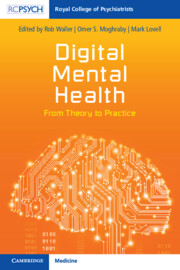The response to the COVID-19 pandemic has, from the outset, been characterized by a strong focus on real-time data intelligence and the use of data-driven technologies. Against this backdrop, this article investigates the impacts of the pandemic on Scottish local government’s data practices and, in turn, whether the crisis acted as a driver for digital transformation. Mobilizing the literatures on digital government transformation, and on the impacts of crises on public administrations, the article provides insights into the dynamics of digital transformation during a heightened period of acute demands on the public sector. The research evidences an intensification of public sector data use and sharing in Scottish local authorities, with focus on health-related data and the integration of existing datasets to gather local intelligence. The research reveals significant changes related to the technical and social systems of local government organizations. These include the repurposing and adoption of information systems, the acceleration of inter and intraorganizational data sharing processes, as well as changes in ways of working and in attitudes toward data sharing and collaborations. Drawing on these findings, the article highlights the importance of identifying and articulating specific data needs in relation to concrete policy questions in order to render digital transformation relevant and effective. The article also points to the need of addressing the persistent systemic challenges underlying public sector data engagement through, on one hand, sustained investment in data capabilities and infrastructures and, on the other, support for cross-organizational collaborative spaces and networks.


